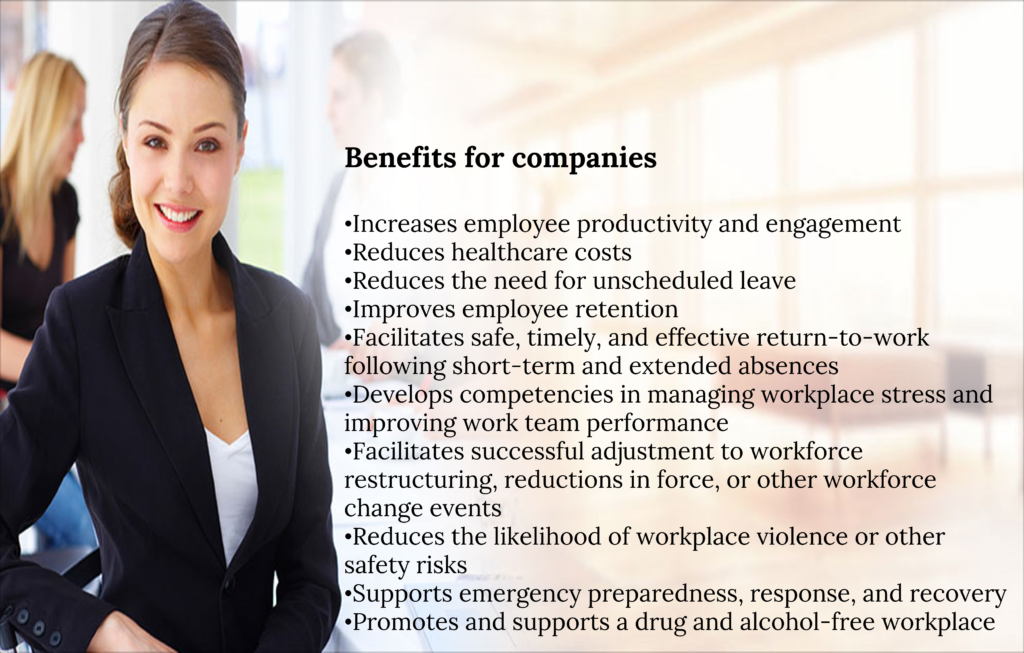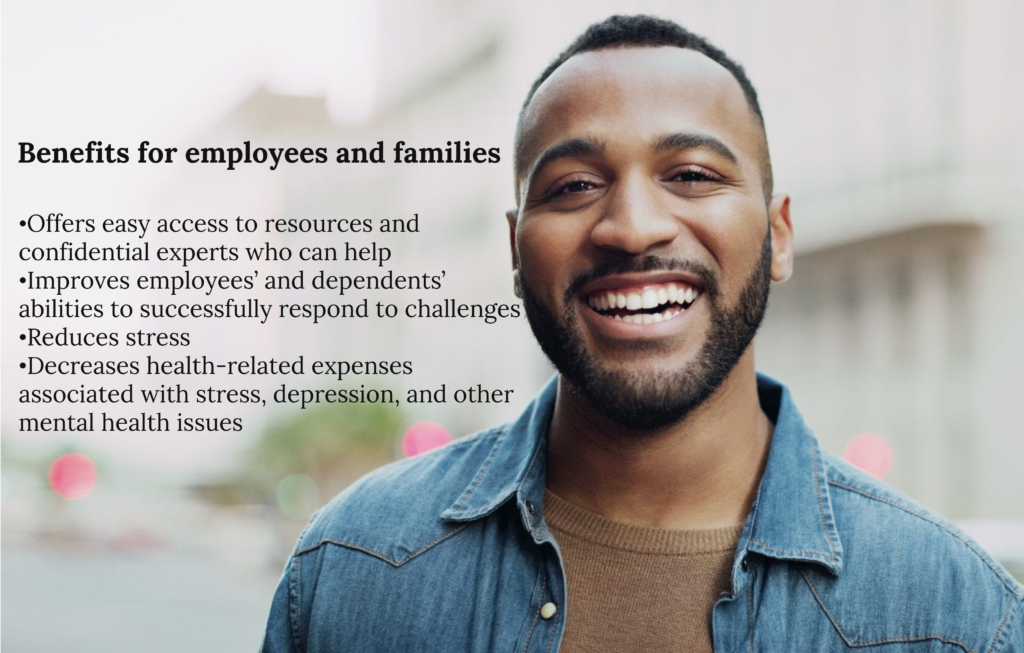
Employee Assistance Program
Expert solutions
Trusted expertise
Endless possibilities
Help. Support. Advice. Anytime.
Meet the IAM EAP Team
Employee Assistance Program
IAM Local 839 EAP Representatives
With everything going on around us, it may be beneficial to talk to a trained professional. The Employee Assistance Program (EAP) offers confidential, no-cost counseling to you and your family, 24/7. Expert counselors are available to help with everything from stress management to relationship issues, to workplace challenges.
Let us know how we can help.
Location: 2-297F (Plant 2) Column: H23 Upper-Level Room: 200M
Our Purpose
The Employee Assistance Program (EAP) is a free, voluntary, and confidential program that helps everyone work through various life challenges that may adversely affect job performance, health, or personal wellbeing to optimize an organization’s success.
EAP services include assessments, counseling, and referrals for additional services to everyone with personal and/or work-related concerns, such as stress, child and elder care, family problems, office conflicts, and alcohol and substance use.
“Whether it’s helping you to navigate life’s transitions, find
more satisfaction in your work, or maximize your physical
and emotional wellbeing, the EAP is here to assist.”
– IAM EAP Representatives
The value of employee assistance programs
EAPs can reap benefits for companies, employees, and families.


Life can be hectic. Getting support doesn’t have to be.
Our Expertise and Support

Mental Health
- Mental health is a key component to overall health and is closely linked to physical health.
- Factors at the individual, family, community, and society levels can influence mental health.
- CDC promotes a public health approach to prevent mental health conditions before they develop or worsen.
- If you live with a mental health condition or are experiencing mental distress, help is available.
- Mental health affects self-esteem, social interactions, meaning in life, ETC.

Financial Hardship
- Relying on credit to pay for your day-to-day essentials.
- High or maxed out credit card balances.
- Resorting to high-interest debt like payday loans or cash advances.
- No emergency savings or sinking funds.
- Constantly paying late and/or overdraft fees.
- Poor credit scores due to late payments and a high debt to income ratio.
- Not being able to meet your minimum payment obligations.

Stress
- Types of Stress – Acute, Episodic Acute, and Chronic.
- Everyone experiences occasional stress.
It is a normal part of life. - Long-term stress can lead to worsening health problems.
- Managing stress daily can prevent you from developing long-term stress.
- Find resources if you are struggling to cope with stress for extra support.

Anxiety
Anxiety is an emotion, related to fear but distinct in that it is typically future-oriented, prolonged, and essentially irrational in nature. It is also distinct from cognitive activities like worry or rumination as well as physical sensations like chest tightness or lightheadedness.

Depression
- Depression is a serious, treatable mood disorder that affects your whole body, including your mood and thoughts.
- It’s likely caused by several factors, such as the environment or a chemical imbalance in the brain.
- Depression causes ongoing, extreme feelings of sadness, helplessness, hopeless, and irritability.
- Depression is most often treated with medicine or therapy, or a combination of both.

Socioeconomic
- Socioeconomics is a branch of sociology that studies the behavior of social groups and their influence on economic activities.
- It is also known as social economics; those studying it are known as social economists. They form certain socioeconomic classes based on similar characteristics.

Substance Abuse
Drug addiction, also called substance use disorder, is a disease that affects a person’s brain and behavior and leads to an inability to control the use of a legal or illegal drug or medicine. Substances such as alcohol, marijuana and nicotine also are considered drugs. When you’re addicted, you may continue using the drug despite the harm it causes.

Addiction
Addiction is a chronic condition that can affect many aspects of your life, including your physical and mental health, relationships and career. There are two main forms of addiction: substance use disorders and behavioral addictions. Addiction is treatable. It’s crucial to seek help as soon as possible.

Domestic Violence
- Domestic violence is when someone uses violence or manipulation to maintain power and control over someone, they’re close to.
- Anyone, regardless of their background, can find themselves in an abusive relationship.
- Domestic violence can include many different forms of abuse. These include physical violence, emotional abuse, sexual abuse and financial abuse.
- Domestic violence is never your fault.
- If you think you are in an abusive relationship, get help now from your family, friends or EAP.
Did you know…
All information about you and your contact with the EAP is confidential, unless you provide written permission to disclose specific information to another party or disclosure is required by law.
Emergencies, disasters, and other traumatic events are often unpredictable. The EAP can help employees, managers, and teams by developing techniques and plans for coping with stress, facilitating group debriefing sessions, and identifying and referring employees to professional and community resources.
There is no cost for the direct consultation you receive from an EAP counselor. If you are referred to a treatment or resource, the EAP will inform you up front if there are any out-of-pocket costs, and some of these costs may even be covered by your insurance plan.
All EAP services are available to everyone. EAPs also offer leaders management consultation and guidance on topics such as, supporting employees in need, managing troubled employees, addressing conflict, and positive communication techniques.
The EAP can assist with almost any kind of concern affecting one’s work and/or personal life.
Substance use has a major impact on individuals, families,
communities, and the workplace. Employees and families affected by substance use or substance use disorders can find resources to help through the EAP.
…your EAP can help


